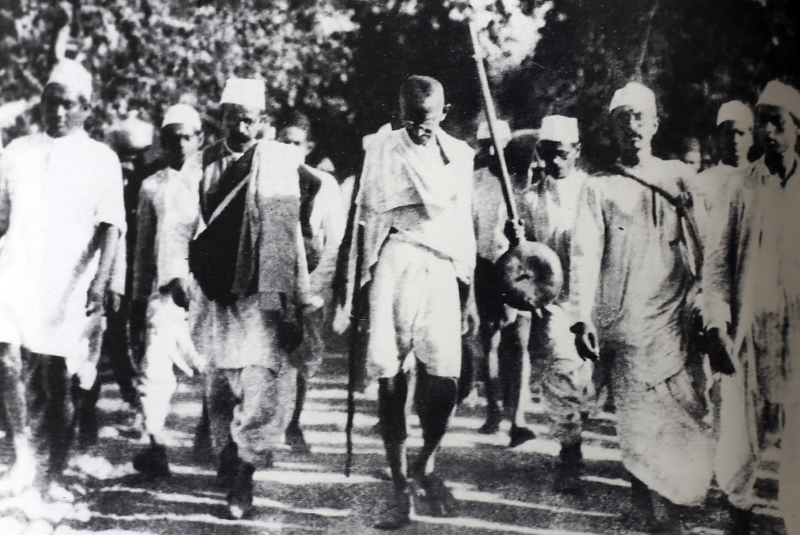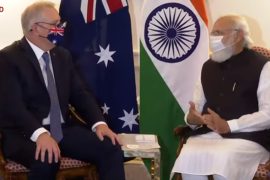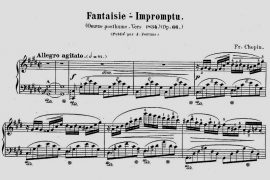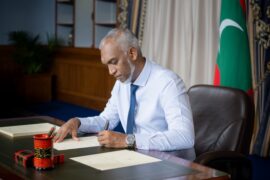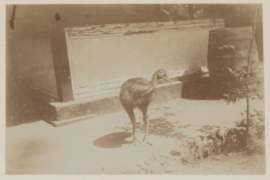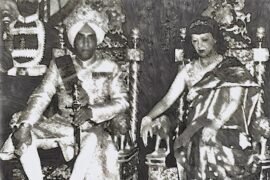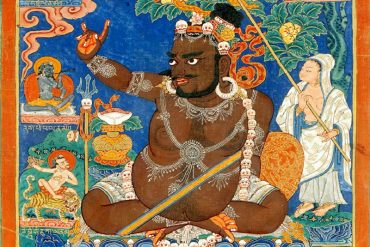The Ottoman Empire was perhaps the most significant casualty of the First World War. In its heyday, it stretched across the Mediterranean and the Arab Peninsula, encompassing much of the modern-day Middle East.
The World War saw the Ottomans on the losing side and marked the final collapse of an empire that had spanned eight centuries. It was the largest Muslim nation on earth at the time, and its collapse was viewed with concern in India. As Indian forces were among those who occupied Istanbul in 1918, Muslims in India were anxious over the future of the Caliphate. Fazlul Haq, president of the annual session of the Muslim League in Delhi, 1918, said:
To me, the future of Islam in India seems to be wrapped in gloom and anxiety. Every instance of a collapse of the Muslim powers of the world is bound to have an adverse influence on the political importance of our community in India.
Even prior to the war, the Empire had doubts over Indian-Muslim loyalty to its cause. At the time, ‘German-Jihad propaganda‘ encouraged disgruntled Muslims in India to heed the Ottoman call for Jihad, and help dismantle the Empire at its crown jewel. King George V sent a personal appeal to the Indian people, explaining their reasons for war. Aga Khan, Imam of the Nizari Ismaili community responded:
Copyright©Madras Courier, All Rights Reserved. You may share using our article tools. Please don't cut articles from madrascourier.com and redistribute by email, post to the web, mobile phone or social media.Please send in your feed back and comments to [email protected]

